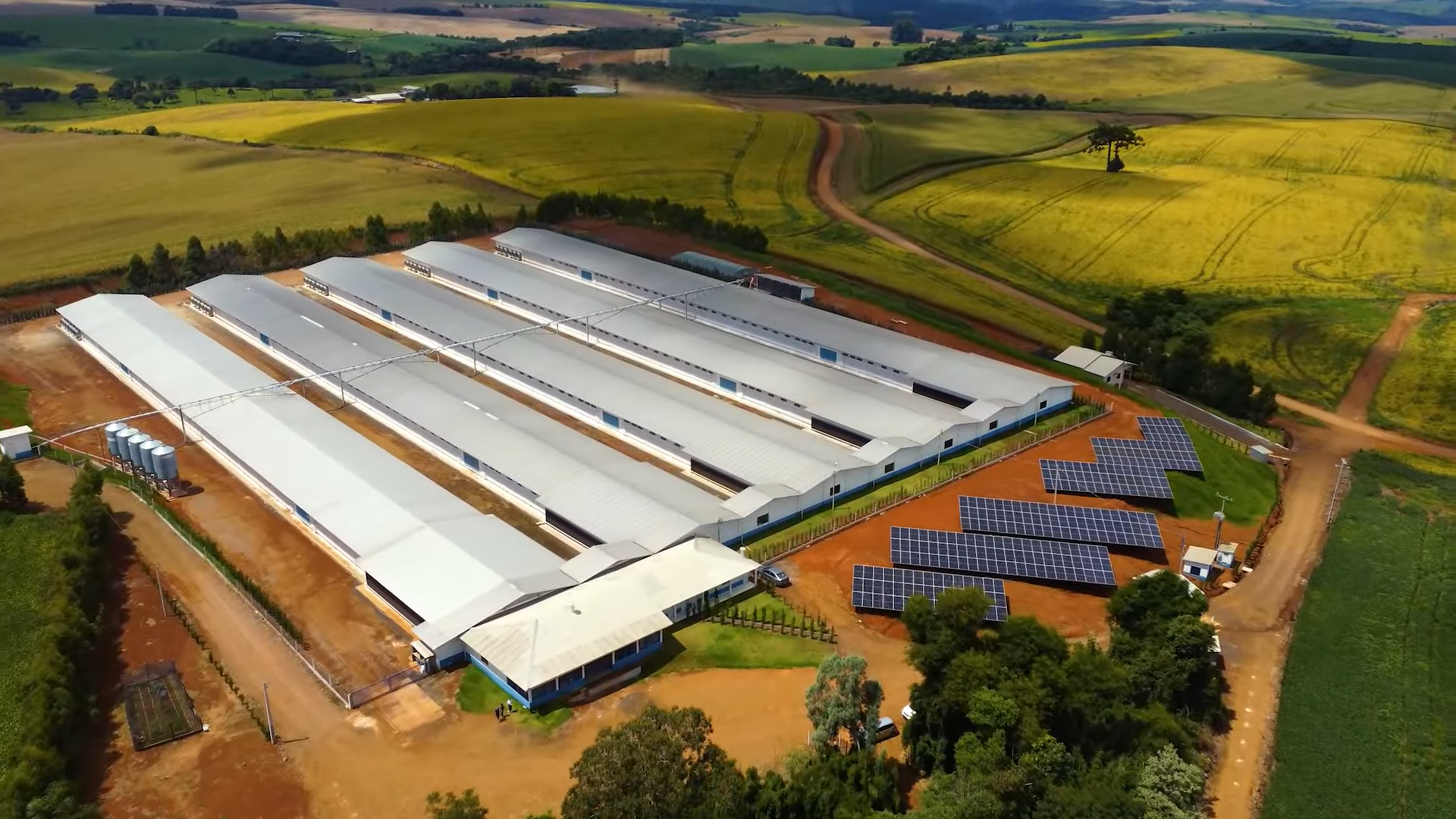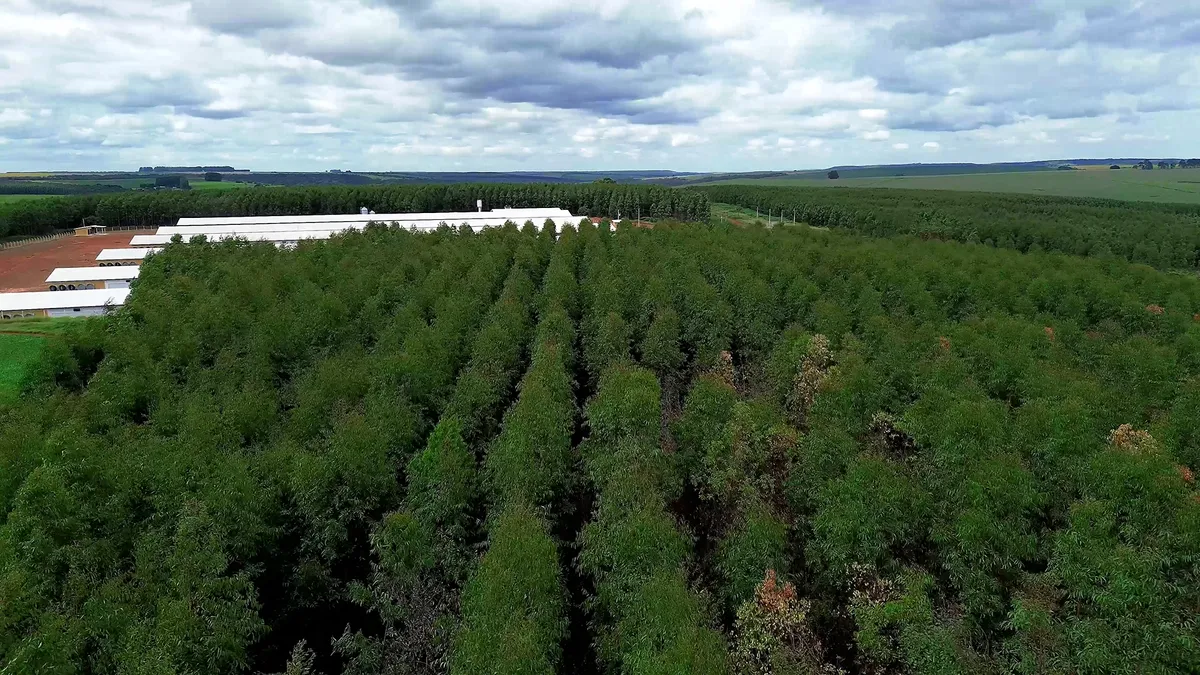Environment
JBS expands electric truck fleet and avoids 5,200 tons of CO₂ emissions

Fleet expansion reflects environmental commitment and boosts logistics efficiency across Brazil
JBS, one of the world’s largest food companies, has expanded its fleet of 100% electric vehicles by a factor of seven over the past three years, avoiding the direct emission of more than 5,200 tons of carbon dioxide (CO₂) during this period. The amount of emissions avoided is equivalent to the annual carbon absorption of 237,000 mature trees or 1,080 trips around the world by car.
The progress was made possible through No Carbon, JBS’s subsidiary specializing in electric truck leasing. Today, the fleet consists of 281 vehicles, serving the company’s Friboi and Seara brands across all regions of Brazil. Altogether, No Carbon’s electric trucks have already covered 12.5 million kilometers in logistics operations.
According to Armando Volpe, Commercial Director at No Carbon, the investment goes beyond environmental responsibility. “Investing in sustainable solutions combines environmental commitment with operational efficiency, helping to reduce impacts and optimize operations,” he stated. Volpe also emphasized that electric vehicles offer significant reductions in operational and maintenance costs compared to diesel-powered models.
Initiative drives fleet electrification in Brazil
JBS’s initiative aligns with the broader trend of fleet electrification in Brazil. According to a study by Geotab, a remote vehicle management platform and No Carbon’s partner, the adoption of electric vehicles in the country grew by 173% between 2022 and 2023.
Replacing diesel trucks with electric models has become a key strategy for JBS to reduce its greenhouse gas emissions, in accordance with the guidelines of the GHG Protocol, the leading global standard for measuring and managing carbon emissions.
Efficiency and innovation in logistics
Beyond environmental gains, the electric trucks provide higher energy efficiency, utilizing up to 90% of available energy compared to just 30% efficiency in diesel vehicles. Maintenance is also more economical, being up to seven times cheaper due to fewer components needing replacement, such as filters and injection systems.
With a range of up to 150 kilometers and the capacity to transport up to 3 tons, No Carbon’s trucks are equipped with independent refrigerated cargo boxes that maintain product temperatures without drawing energy from the vehicle’s battery — an ideal solution for urban operations that demand strict sanitary and logistical standards.
Specialized in full-scope electric truck management — from acquisition to operation — No Carbon leverages telemetry and georeferencing systems to optimize routes and enhance the safety and efficiency of JBS’s logistics operations.
READ TOO

Environment
10/12/2025
Suinco ESG project turns industrial boots into sustainable flip-flops
Suinco, the largest pork cooperative in the state of Minas Gerais, has taken another step forward in its sustainability agenda by implementing […]
Read more
Environment
14/01/2026
75% of Seara’s integrated farms already use clean energy
Around 75% of poultry and pork farms integrated with Seara, a company of JBS, are now operating with clean and renewable energy […]
Read more
Environment
25/08/2025
Friato Reinforces Commitment to Recycling and Offsets Over 36 Tons of Packaging Waste
Partnership with eureciclo strengthens the circular economy and generates positive impact in Brazil’s recycling chain In 2024, Friato reached the milestone of […]
Read more
